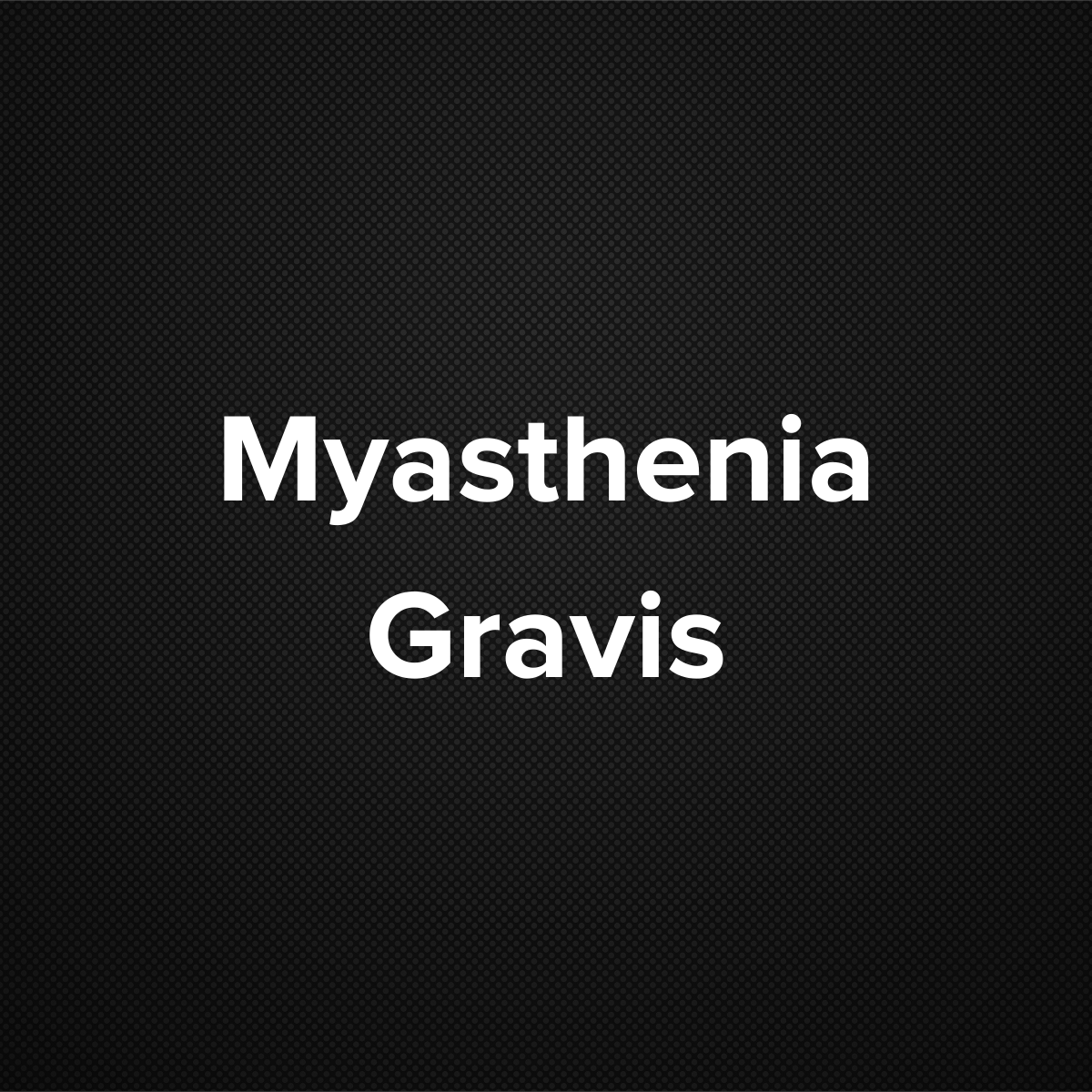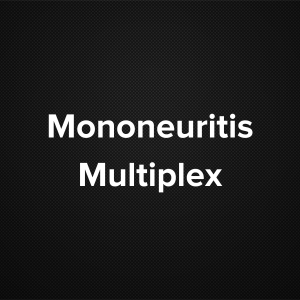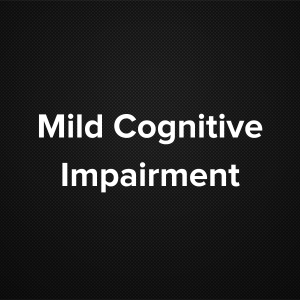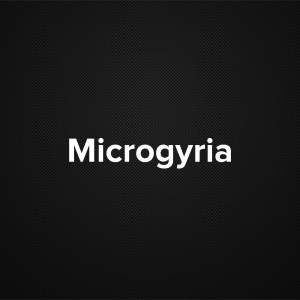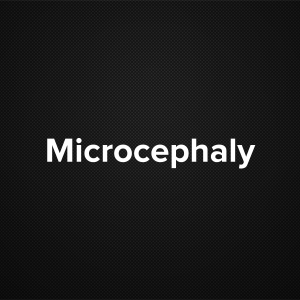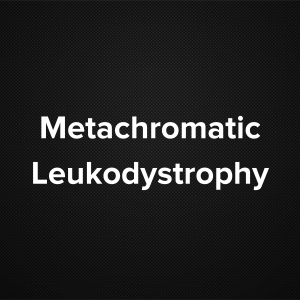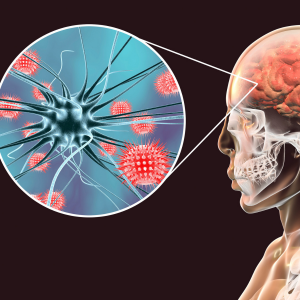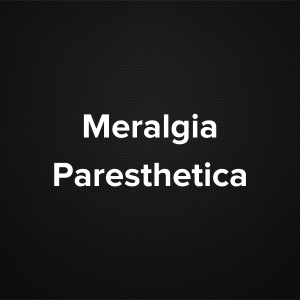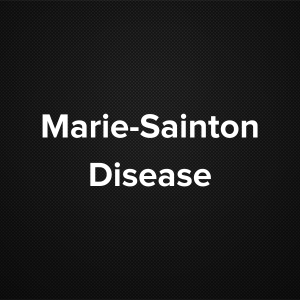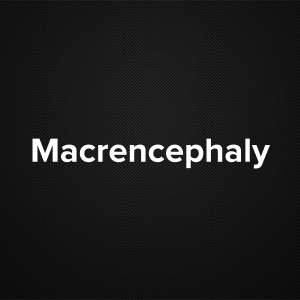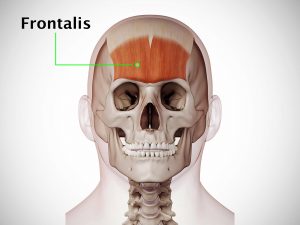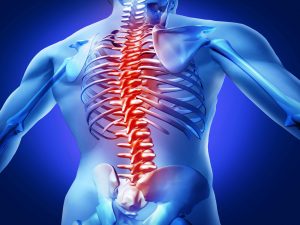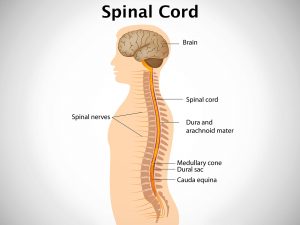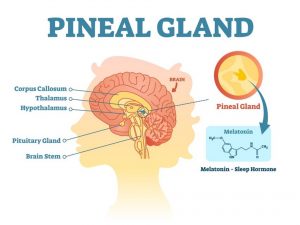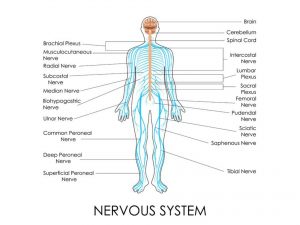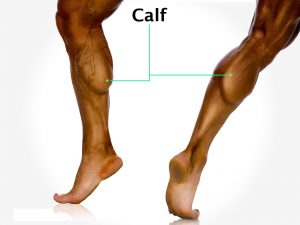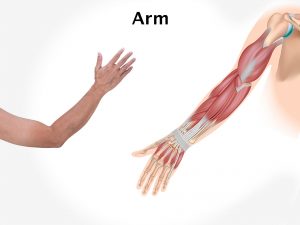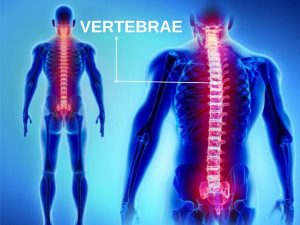Causes and risk factors
Myasthenia gravis is an auto immune disorder. Acetylcholine is a molecule which transmits signals from the brain to the target cells. In this condition the antibodies to acetylcholine are found these antibodies cause damage to the neuromuscular junction resulting in reduction in number and impairing the function of the antibody binding sites.
Symptoms
Changes are seen in thymus and skeletal muscles. The symptoms can occur suddenly or gradually. Variability is the marked feature of this medical condition. Pupils are never involved in myasthenia. Facial muscle involvement leads to Difficulty in closing the eyes, the person cannot whistle or faces difficulty in chewing, there is inability to pout the lips and the jaw keeps hanging. Low pitch voice is seen due to involvement of the laryngeal and respiratory muscles. Weakness of the extremity is seen. Weakness of the muscles is aggravated by activity and is better on rest. Sensations and the tendon reflexes are normal. Myasthenia crisis is one of the major complications of myasthenia. Neoplasm of thymus occurs in some of the cases. It can also lead to other complications like RA, ulcerative colitis and pernicious anemia.
Diagnosis:
Diagnosis can be made on the basis of the symptoms narrated by the patient and the physical examination carried out by the neurologist. Neostigmine and Edrophonium test are diagnostic.EMG to detect impaired nerve and muscle transmission can be done. Certain other investigations like routine blood test, Lipid profile, blood sugar levels, renal and liver function test can be suggested. Special blood test to detect acetylcholine antibodies helps in diagnosis.
Treatment
Symptomatic relief is the main line of treatment. Corticosteroids or Anticholinergic medications are administered. Plasma exchange and immunomodulation therapy is found to be effective. Thymectomy is advised in all patients when the symptoms are generalized. Physical therapy exercises that will strengthen the muscles are advised.
Other modes of treatment:
Certain other modes of treatment can also be helpful in coping up the symptom. Taking into consideration the symptoms in holistic way, homoeopathy can offer a good aid for the relief of the symptoms
Recent update:
Two studies presented at the annual meeting of the American Association of Neuromuscular & Electrodiagnostic Medicine (AANEM) demonstrate that there are a significant proportion of myasthenia patients with arrhythmias and co-morbid inflammatory bowel disease (IBD).
